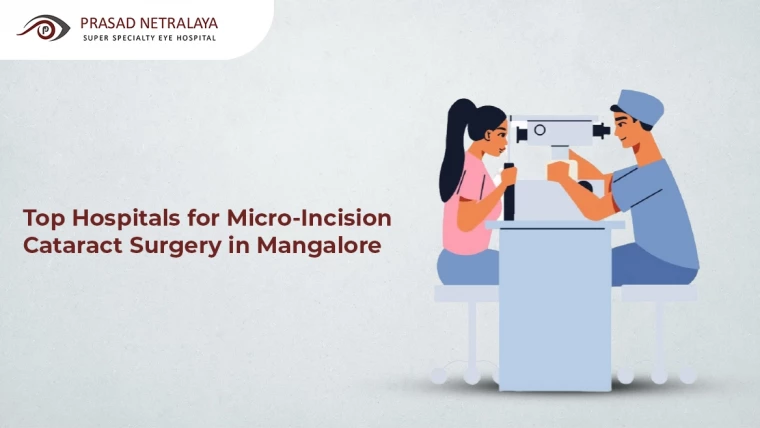Every year, thousands of people all over the globe suffer from curable blindness for one reason: a scarcity of donated corneas.
This June 10, we celebrate International Eye Donation Day (also known as World Eye Donation Day). Since many people aren’t aware of this day, we’re here to shed light on what it’s all about.
We’ll also look into how the eye donation process works, what makes an individual eligible to donate their eyes, and what steps you can take to spread awareness about eye donations so people less fortunate can see this beautiful world.
Table of Contents
How Does the Eye Donation Process Work in India?
The eye donation process in India is simple.
- The first step toward donating your eyes is to sign an eye donation pledge at a registered eye bank.
- Fill out all your details on the form provided by the eye bank.
- Next, and most importantly, inform your loved ones about your decision so they know who to call after your death (since the eye removal process needs to be almost immediately after death).
- Take care of your eyes by living a healthy lifestyle so they’re in great condition when donated.
If you’ve pledged to donate your eyes, ensure that your loved ones call the eye bank for donation within 6 hours of death.
Here’s the process they’ll need to follow:
- A call to the nearest eye bank. The sooner you call, the better.
- Keep both the eyes of the deceased individual closed and covered with moist cotton to prevent dryness.
- You can keep the body in a closed room, away from the wind, and make sure the fan’s turned off.
- If feasible, elevate the top half of the body by around 6 inches.
- When the appropriate personnel come in, they should take no more than 20 minutes to remove the eyes. They also ensure not to leave any visible signs of eye removal.
Who Qualifies for an Eye Donation?
People of all ages and sexes qualify for an eye donation. Even people with refractive errors like myopia and hyperopia or people who have undergone cataract surgery, people with other problems like high blood pressure can donate their eyes.
Who Cannot Donate Their Eyes?
People who have communicable diseases cannot donate their eyes. The eye bank personnel screen for these diseases before using such eyes.
What You Can Do To Spread Awareness About Eye Donation
While you can’t donate your eyes when you’re alive, you can take several steps to spread awareness about eye donation, such as the following:
- Once you’ve registered as an eye donor, share a social media post about it to let people know that this is something they can do.
- You can use hashtags like #eyedonation, #eyedonationawareness, #organdonation, #organdonationawareness, and much more to spread awareness.
- Tell all your family and friends about the gift of donating your eyes after death so people with curable blindness have a chance of recovery.
- Take care of your eyes so they’re in excellent condition when ready for donation.
Eye Donation Awareness: Making a Difference
The popular saying, “The eyes are the window to the soul,” holds true, and there are so many in our country who can’t see their loved ones on account of curable blindness.
By making a pledge to donate your eyes and spreading awareness about the possibility of eye donation, you can make a difference in the lives of those less fortunate.
We trust this blog has answered questions and misconceptions about the eye donation process. It’s simple, effective, and won’t hinder the funeral preparations of the donor.
If you’d like to learn more about eye donation, what steps you can take to help people with curable blindness, or consult a professional on how you can take care of your eyes, we invite you to visit our website and check out the ‘Eye Donation’ section.



